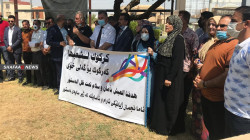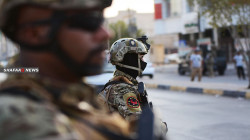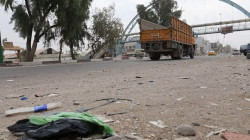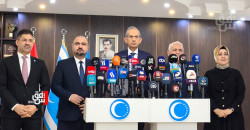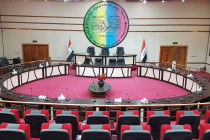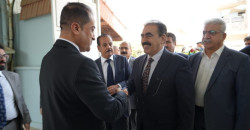Leader of Turkmen Front welcomes court decision on Kirkuk's voter registry
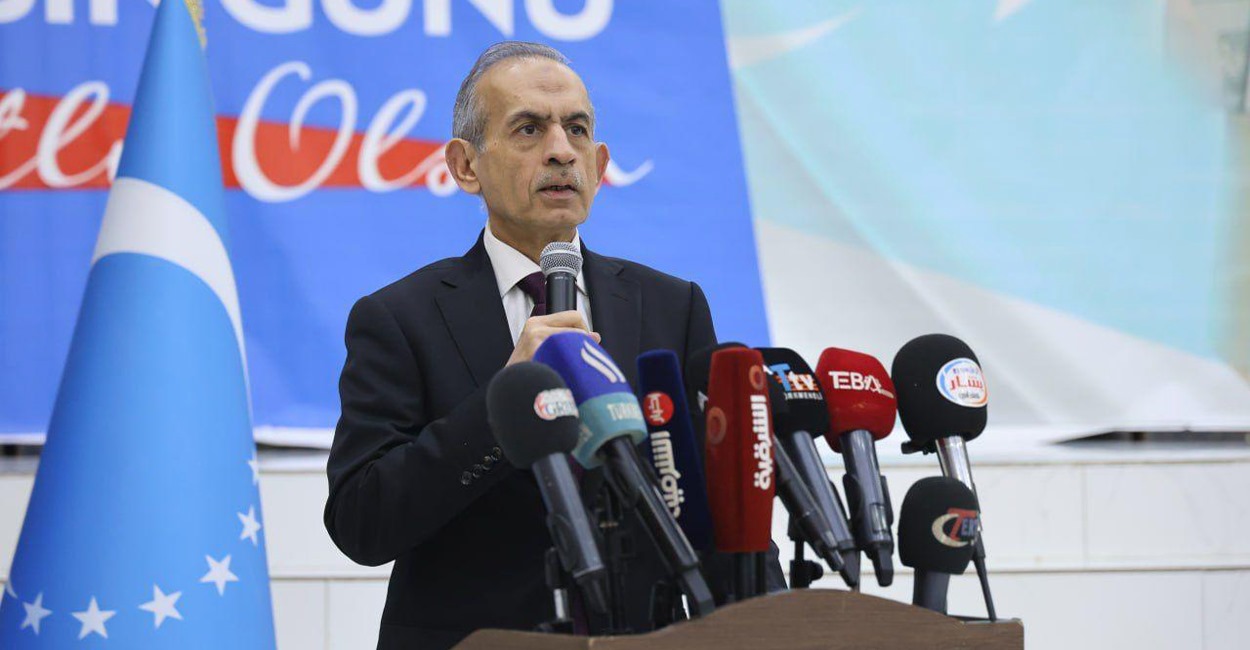
Shafaq News/ The leader of the Iraqi Turkmen Front (ITF), Hasan Turan, on Sunday welcomed a ruling by the country's top court ordering a complete audit of the voters' register in Kirkuk.
Turan, speaking to reporters in Erbil, said that the court's decision No. 16/Federal/2024 "obliges the Independent High Electoral Commission (IHEC) to undergo an audit of the voters' register in Kirkuk before the next Iraqi parliamentary elections."
The Turkmen lawmaker noted that the Unified Turkmen Front of Iraq List (UTFI) had presented its vision for "Kirkuk 2024-2028" to all national forums, which includes "drawing the features of the next stage in Kirkuk and achieving joint administration and rotation of senior positions."
Turan said that the initiative had "begun to receive a positive response and acceptance from the political parties. Apparently, many actors are convinced that joint administration will bring stability in Kirkuk."
ITF leader praised the initiative of the Iraqi Prime Minister to form a coalition to administer Kirkuk, calling it "a step that supports partnership."
On 18 December, Iraq held its first provincial election in ten years, with more than 23 million eligible voters spread across 15 governorates, excluding four in the northern Kurdistan region.
After Iraq's Independent High Electoral Commission (IHEC) officially confirmed the final election results on 21 January, the Kirkuk Governorate Council on 5 February failed to reach a quorum for its session as elected council members from the Arab and Turkmen components boycotted it.
A notable shift in Kirkuk's political landscape emerged in the recent elections, with Kurdish parties, including the Patriotic Union of Kurdistan (PUK) and the Kurdistan Democratic Party (KDP), losing their majority.
The PUK secured five seats with 157,649 votes, while the KDP won two seats with 52,278 votes in the 16-seat provincial council. Arab parties won six seats, Turkmens secured two, and a Christian party affiliated with Shia militias won the Christian quota seat.
In provincial elections held in 2005, Kurds secured 26 out of 41 seats, Turkmen won nine, but Sunni Arabs only won six seats as most of the community boycotted the political process.
The KDP and the PUK recently held several meetings, and they declared their intention to collaborate in official negotiations with other components to form a new local administration in Kirkuk.
Last week, Iraqi President Abdul Latif Jamal Rashid signed presidential decrees appointing governors for Baghdad, Basra, Nineveh, Babil, Karbala, Wasit, Dhi Qar, Najaf, Al-Anbar, Muthanna, Maysan and Al-Diwaniyah after completing the verification procedures by the legal department.
Notably, the oil-rich city of Kirkuk and its districts, some areas of Diyala, and the Nineveh governorates are considered contested areas between the Iraqi federal government and the Kurdistan Regional Government (KRG).
Article 140 of the Iraqi permanent constitution outlined measures in which those areas could remain as part of Iraq or join the KRG. However, implementation has been stalled since 2007.
In 2014, peshmerga security forces assumed control of Kirkuk but were subsequently expelled in 2017 by federal troops after a referendum on Kurdish independence. Tensions persist, evident in a September incident last year where four Kurds were reportedly killed by gunfire from Iraq's security forces amid unrest in the governorate.
